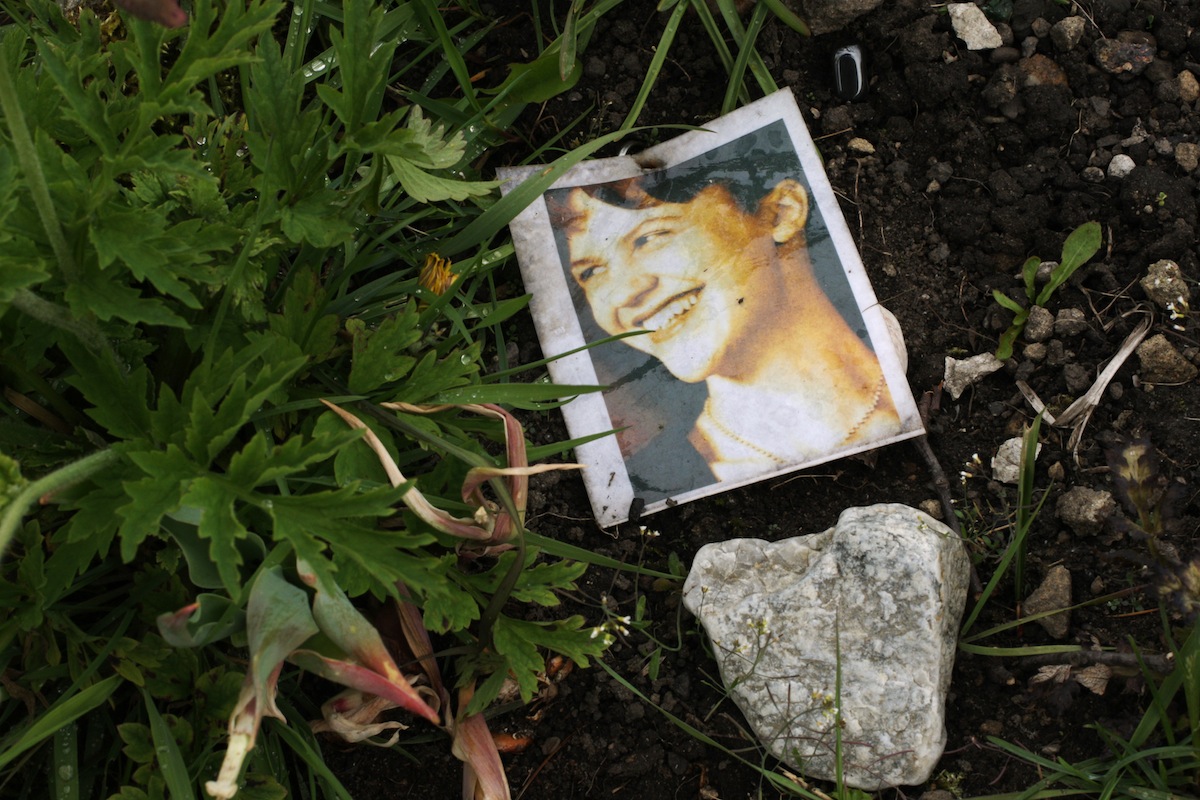
What drove Sylvia Plath to her death was painfully clear to her psychiatrist: clinical depression. But after the acclaimed poet, just 30 years old, committed suicide on this day, Feb. 11, in 1963, her friends, fans, and biographers were eager to blame the tragedy instead on a flesh-and-blood villain.
There were several contenders to choose from. The most obvious was her estranged husband, the poet Ted Hughes, who had recently abandoned Plath and their two young children to run off with his mistress. The fact that his mistress committed suicide six years later, just as Plath had done — by putting her head in an oven and turning on the gas — underlined his guilt in the eyes of the Daily Mail and many others.
TIME took the Freudian approach, and in its review of the poetry collection Plath produced in her final months alive, points its finger at her father, “an intellectual tyrant” who was a professor of entomology at Boston University. (In true Freudian style, it also implicated Plath’s mother, “a metallic New England schoolmarm.”)
TIME offered as evidence a scathing centerpiece of Plath’s final collection, Ariel, a poem that ends, “daddy, you bastard, I’m through.” “‘Daddy’ was its title; its subject was her morbid love-hatred of her father; its style was as brutal as a truncheon,” the review notes. “What is more, ‘Daddy’ was merely the first jet of flame from a literary dragon who in the last months of her life breathed a burning river of bale across the literary landscape.”
It’s possible, of course, that Plath’s parents played a subtler role in her death, by giving her the genetic makeup that predisposed her to depression — or as the Daily Mail suggests, less subtly, a “suicide gene.” If so, it may have been passed down to another generation. Plath’s son, Nicholas Hughes, who was barely a year old when she died, also committed suicide, at 47, following a lifelong battle with depression.
Depression aside, some saw poetry as the weapon at work in Plath’s undoing — among them Plath, who wrote, “The blood jet is poetry; There is no stopping it.” In the months leading up to her death, she wrote feverishly, hemorrhaging words, barely sleeping. “Most of the night she wrote ‘like a woman on fire’ — two, three, six complete poems night after night,” TIME attested. “Her fire was black and its name was hatred. Her words were hard and small like missiles, and they were flung with flat force.”
The poet Robert Lowell, Plath’s onetime teacher, concurred. In his preface to her poetry collection, he writes that Plath’s poems “play Russian roulette with six cartridges in the cylinder.”
Read TIME’s first review of The Bell Jar, here in the TIME Vault: Lady Lazarus
More Must-Reads from TIME
- Donald Trump Is TIME's 2024 Person of the Year
- Why We Chose Trump as Person of the Year
- Is Intermittent Fasting Good or Bad for You?
- The 100 Must-Read Books of 2024
- The 20 Best Christmas TV Episodes
- Column: If Optimism Feels Ridiculous Now, Try Hope
- The Future of Climate Action Is Trade Policy
- Merle Bombardieri Is Helping People Make the Baby Decision
Contact us at letters@time.com